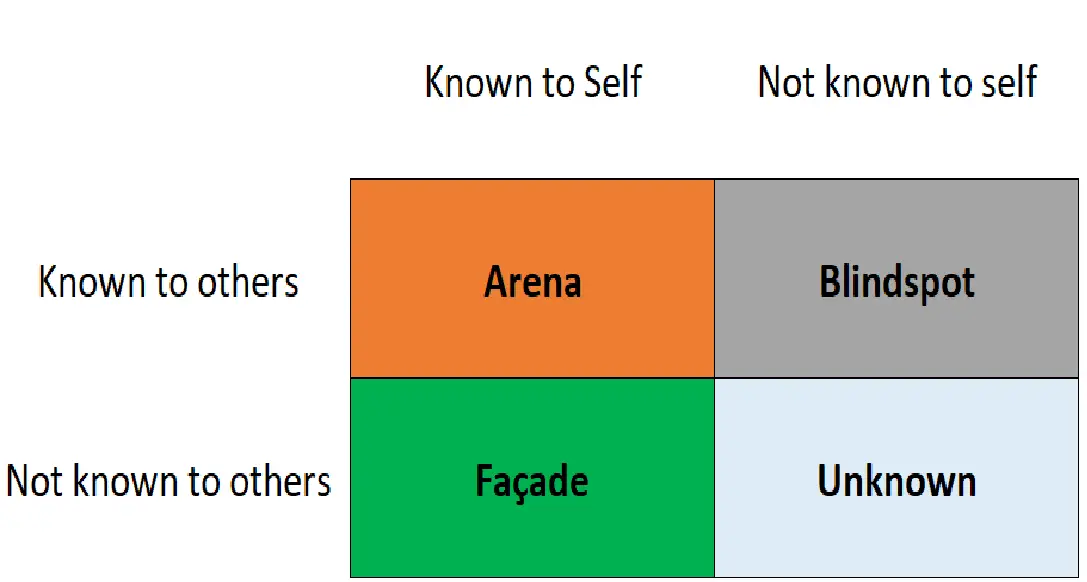As technology advances we are seeing more and more possibilities in the recruitment world. The amount of recruiting software and options are increasing. So how do you know what to choose? In the article before you we will try to create order with the different options

How to choose a recruitment system for placement companies and organizations - do we need a cv filtering software?
- If you're here, you probably made a decision to start working with a recruiting system for your organization or to replace your current one. Before we start choosing a system, it is important for me to go back one step and perhaps save you tens of thousands of Euro's a year.
- How? By identifying your bascic needs you will know whether you need such a system and it's worth for you to invest money and implementation time. So before we make a decision, it is important that we ask ourselves the following questions:
- How many open jobs do we have on average at any given time? It is important that in our answer we do not refer to a temporary situation, but rather to describe an average situation over time
- How many resumes do we receive on average per day? A month?
- What is the complexity of the jobs we recruit? That is, can a software that automatically filter a resume (explained later) save us some time?
- Do we understand that a recruiting software does not always save a lot of time (even in a good software) and is time-consuming in some cases (ususally for a good reason)?
- Do the roles we are recruiting repeat themselves? (If there is significant use of the software repositories)
- Do we have the ability to manage, build processes and properly document the software? (If the answer here is no, it will significantly reduce the efficiency of the system)
In a frontal consulting meeting that i do with characterization process, of course the process is longer and we will ask many more complex questions, but the above 6 questions are the basis for understanding the need for a recruitment system.
If we usually recruit for a small amount of jobs and recruitment is easy and relatively inexpensive, it is not usualy recommended to buy a system. What is a small amount? It varies between organization and organization, but it is relevant mostly if there are up to 3-4 jobs.
Positions that are regularly open (and they are the same) are not worthy of purchasing a recruiting system and in some cases you can settle for a neat Excel file and organized folders for resumes. The same goes for the small amount of resumes we receive.
I don't want to list numbers because it depends on a lot of other factors such as the type of job, but if there is no very strenuous work in resume filtering, then it makes the software less relevant.
Anyone who thinks that software will solve all the recruitment problems and processes, the next paragraph is just for him. The system forces us to build processes, document better, more accurate and even get excellent statistics that can significantly improve our results in the organization. A software is not magic and it will not record for us or build processes, therefore, anyone who does not intend to supervise the use of the system, probably it is not for him.
So what do we get from a CRM recruiting system and how does it filter out a resume?
Most good systems that exist today at various levels provide services that are usually the same. Here are some important things to check out in a new system before purchasing:
- Whether the software exists in the cloud - is very important, as installing on a specific computer can cripple the process and even make it difficult to move. In some organizations, the requirement is for a local installation, mosty for information security
- Hunter (CV filtering by keyword) - A function that searches within a resume by querying to find relevant candidates and returns a resume of candidates by query, for example: If you search for the word FRONTEND on specific dates, we will only see candidates who have that word on the resume On set dates
- Outlook Calendar Sync - Does not exist in some systems and greatly complicates the ability to coordinate appointments with candidates. Forcing us to go outside the software
- Option to send SMS messages, emails, and whatsap/Viber to applicants - There are many software with varying degrees of automation
- Advertising and design directly from the social network recruitment software
- Automatically filter your resume for jobs upon receipt by dedicated email for a job or any other software program
- Statistics - Every software has a different level and options for reports and data segmentation. Usually, the more expensive the software (not always) the more options. It is important to make sure we have the specific data we need and there is no reason to pay beyond, as in my experience, paying but not using
- Read CV types - Make sure that CRM can read all types of files and filter them because some systems cannot read PDF, image files or Word files in old formats and this results in lost files
- Resume Resolution - Most systems are capable of automatically breaking down the resume into fields (very useful as a database expander) and separating telephone, work experience, education, etc.
- Documentation and work interface within the organization - It is important to pay attention to your internal interface and ease of use, as some systems may find it difficult to adapt to your work processes or alternate cumbersome use for some users. Comfort is a relative matter. For example - there are systems that allow you to work with hiring managers within the organization, both within human resources and as a placement company, some who are happy to work in this way and some prefer to work with emails
- Is the system 360 for you? Check out all the things you are documenting - can everyone transfer them to the system? For example: Member promotions bring a member, placement companies, etc. If the system does not support many processes that exist in the organization, this may not be the system for you
- System permissions - a very important part that many do not check. There are systems where the issue is very limited and does not allow flexibility - for example: systems where everyone can see everyone's jobs or have no access privileges and everyone can touch everything. Pay attention to your needs before choosing
- Languages - There are many great systems that support a variety of languages (not just English) and if you are a global organization it's worth considering. Please note that they comply with the GDPR rules
- Costs - A good level system will cost between NIS 600-1500 per month for one user, depending on your negotiations, the amount of users and such additions and others you want to add
- It is very important to pilot the system before purchasing if you have not worked with it before. From experience - many things that look great when you are given training do not work properly when you do it yourself. Also, ask for help in embedding and transferring your resume database for free as part of the transaction
Summary
In the Israeli, American and European market there is a wide variety of recruitment systems and CV filtering softwares. Because of the high importance and sensitivity in selecting a system, I always recommend relying on a professional to help you choose and not characterize alone, even if you have prior knowledge in recruiting. Remember - making a wrong choice in a hiring system can cost you tens and hundreds of thousands of Euro's a year.
About the writer
Roy is an experienced human resources VP and the owner of Barak Group Consulting and Recruitx Placement agency.





